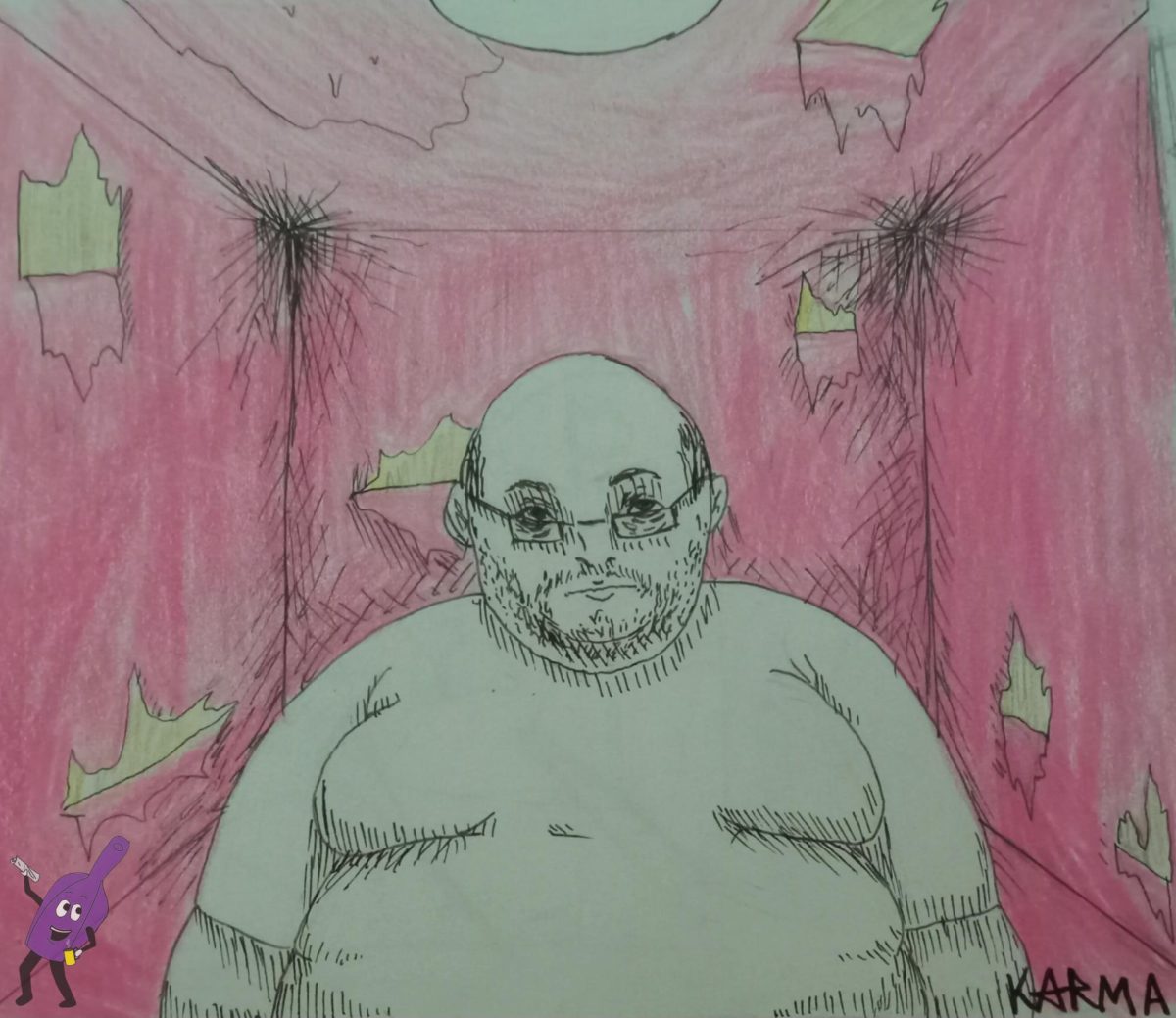WARNING: Spoilers
The Plot Points
- Jenny Wheeler and her boyfriend, Jesse Crawford, sneak into a frail house to steal prescription drugs.
Jesse was the one who wanted to steal because he was trying to take over the drug dealing business at their high school. However, while in the act they got caught which turns into a nightmare for the town.
This leads to Jesse getting shot and Jenny being locked in a pink room that Emmett made specifically for the women he used to capture.
- Deputy Packard to the case!
The new deputy in town (looking for a fresh start) tries to find out where Jenny and Jesse have ended up. He follows different leads and connects them to the case.
- Emmett Burr is trying to keep his secrets safe.
Emmett has secrets locked in his pink room from two decades ago. Jenny and Jesse risk him losing all that he’s been able to hide.
The Tolerable
- This book is more unique than some of the others, since the serial killer is older.
Rather than focusing on the killer, Emmett Burr, in his prime years it goes into his elderly stages of life. This also allows for more leeway in how Emmett looks.
In most stories and even in real life the killers are usually physically fit or at least have the strength to overtake another, but for Emmett he’s a four-hundred pound old man. This also makes it harder for anyone to “fall in love” with the “bad boy”.
With social media glamorization has become a huge issue, especially with serial killers. Although many of the posts are stated as a joke, there tends to be truth behind them.
The Dahmer series that became popular in 2022 had many fans that started to become fascinated in the Dahmer character. Even though it was claimed that this fascination was about the actor, Evan Peters, there was still the fact that it focused on Dahmer not on the actor. If it was merely about the actor other shows would have been used in any posts made about him.
Hence why the disgusting, obese, old man is a great way to get rid of any glamorization and sympathy for the killer.
- Another nice thing about this book is the inclusion of the LGBTQ+ community, mainly focusing on gay men. Some aspects of these characters do seem to be a little much, where their only trait is being gay (more details in the rage section).
The main character the story follows is Deputy Packard, who turns out to be a gay. This is the main example in the book of Moehling’s inclusion.
There are already more and more books just about romance for LGBTQ+, but there’s still plenty of room for involvement. It helps get rid of any stigma that may be present. The people in these communities can also have important jobs and be in your life without even knowing.
Rather than focusing on the differences between the community and straight relationships it shows that they’re just the same as everyone else.
The Rage Fuel
- The main issue in this book is the focus on having sexual aspects that play no role in the actual story. The genre of this book makes it so anything related to sex is really unnecessary unless it has to do with the killer/pervert.
Speaking about the killer, Emmett likes to think he’s better than everyone because he’s “no ——- pedophile” (170). Now at first this would seem to be a good character, since it creates a reaction in the reader… but in reality it reflects more on the author.
The whole “I’m not a pedophile” topic lasts for about a page and let’s be honest: there are some other mentions in the book that hint at Emmett’s hypocrisy. Closer to the end of the book Emmett expresses his change in morals by precisely describing every little detail about the way Jenny, the minor that is locked in his pink room, looks while she takes a shower (214).
So adding in the previous statement about how he’s better doesn’t seem to really matter to this character and doesn’t play much of a role in the book and could’ve been kept out.
There’s a clear difference between disgusting topics that contribute to the story and weird gross topics that play no purpose and usually take the reader out of the story altogether. Joshua Moehling does not seem to pick up on this difference.
- Another issue is the addition of Gary, a weird old man who fights with his neighbor.
Gary turns out to be someone with a huge past, which similarly to some of the sexual aspects, is not needed in this story and really just makes the reader uncomfortable.
By the middle of the book the reader and Deputy Packard finds out about Gary’s long list of jobs including: being a male escort, an adult film actor in a “series of all-male cinematic features of dubious artistic integrity”, and then finally settling down as a truck driver (167). Now this is all great for Gary, but part of finding out is the description of seeing Gary in a suggestive swimsuit.
It’s also bizarre how Packard didn’t realize sooner, since Gary calls people “honey”. What straight man does that non-ironically?
It’s great that Moehling included otherwise untalked-about careers, but for the point of the story it doesn’t add anything plot-wise. Yes, it’s great that more communities are being added, but in this case it could be somewhat distasteful.
Gary is simply a side character who acts like a main character/wise character when in reality he’s the weird old guy down the street who always calls the cops due to his foolish fights with his neighbor.
The only slightly needed part is the fact that we find out that Packard is still unable to talk about his past relationship with another male officer who passed away. However, there’s no reason to have to read all about Gary’s experiences for five pages and for only half of a page to be about Packard’s issues.
The Review
- Boredom: 2.5 out of 5 microsleeps
- Rage: 4 out of 5 frowned brows
- Humor/Pleased: 1.5 out of 5 nose exhales
- Overall: 3 out of 5 stars





